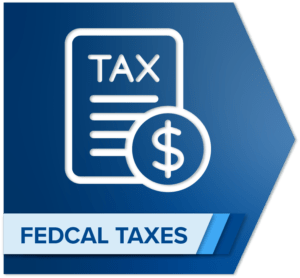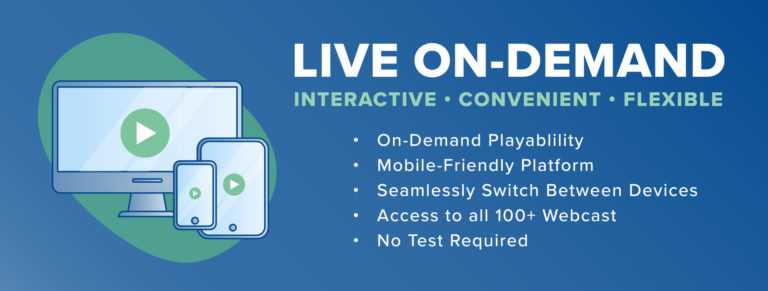
News on IRS Operations During Covid-19
Article at a Glance:
- Remote Work & Slowdowns | During a painful tax season, we shouldered our load, helped with PPP and EIDL Loan applications.
- Budget Cuts & Covid-19 | The IRS experienced the same painful tax season but didn’t get all their work done.
- Billing Notices & 20 Million Letters | To save money, the IRS didn’t reprint notices with correct dates; instead, they “inserted” in with billing.
- Billing Amounts are Wrong | Try to convince your client to hold fast and not to cancel their payment and rewrite a check.
- Lien Releases | The IRS is processing all lien certificate applications normally and assigning within ten days.
It was a lousy tax season for us. We went remote, with all of the accompanying slowdowns. We were expected to, and indeed did, handle our normal load of tax returns, then fielded questions on the economic stimulus payments. We helped with the Paycheck Protection Program and EIDL loan applications. And in the middle of it all, we had to take a class on CARES to make sure that we didn’t miss anything new. We mostly got everything done on time (albeit July 15th).
The IRS had many of the same problems that we did. But they didn’t get everything done. Operations are still sickly (from the virus) and weak (from years of budget cuts). Here is the latest IRS news on operations.
Billing Notices. As we are painfully aware, from client phone calls and emails, the IRS began in June to mail 20 million backlogged letters and notices to taxpayers with past due payment or response dates. To save money, the IRS didn’t reprint the notices with correct dates but rather stuffed an “insert” in with the billing. The last page of the insert had the corrected due date. Because the IRS is caught up with mailing out notices that were delayed due to Service Center shutdowns, due dates should be correct on current billings.
Query. Are you envisioning a Matrix-like dark, cold warehouse with unattended machines spewing out millions of letters to hapless citizens? Ah, automation. . .
More Billing Notices. Dates on current IRS notices might be right, but the amounts are wrong. Paper checks are in a pile of 11 million pieces of unopened mail. Now we are getting calls, emails, and texts about “I owe more taxes. What did you do wrong.” Don’t call. There is no one to answer. Don’t write. Your letter will end up in the “unopened mail warehouse.” Try to convince your client to hold tight and not to cancel their payment and rewrite a check.
IRS intends to post payments as of the date the IRS received them, rather than the date they are processed. This should eventually help with late payment penalties and interest charges once mail is opened and payments are posted.
Next year. Maybe we can recommend Direct Pay to a few clients. Direct Pay is available for tax payments and estimated tax payments.
Lien Releases. What should a taxpayer do if they need a lien release, certificate of discharge, or have another lien issue? The IRS is processing all lien certificate applications normally and assigning them within ten days. The IRS encourages taxpayers to use the E-Fax line for its Advisory Consolidated Receipts (ACR) site (844-201-8382) for requests such as: discharge of property from the federal tax lien, withdrawal of the notice of federal tax lien, and subordination of the federal tax lien. See Pub 4235 on the process for submitting lien applications.
Other Operation Updates
- Paper tax returns continue to experience long processing delays. The IRS asks us to e-file anything that we can. In IRS news, you may now e-file 2019 Forms 1040X.
- The IRS is waiving bad check penalties for dishonored checks the agency received between March 1st and July 15th due to delays in IRS processing.
- Taxpayers who mail correspondence to the IRS “should expect to wait longer than usual for a response.” Now, is the usual delay three months or will it be six months?
- Installment agreements continue to be available online for clients that need to make payment arrangements.
- Call-waiting continues to be extraordinary. Get Transcript is available online and may help.
- Some Taxpayer Assistance Centers are open by appointment only. Call 844-545-5640 to make an appointment. Masks and social distancing are required. Go to Contact Your Local IRS Office to see if one is open near you. Appointments will be available if people need assistance for authentication of identity and document validation related to tax return filing; or application for an Individual Taxpayer Identification Number; Sailing Clearances required for foreign travel by resident and non-resident aliens leaving the United States; assistance with Economic Impact Payment Issues; and cash payments.
- CAF is backlogged. IRS says that we should expect a POA to take 15 business days to process.
- All in-person Taxpayer Advocate Services (TAS) offices are closed. Expect delays and interruptions in working cases due to limited IRS High call volume to TAS offices has resulted in delays in their response time. Visit the TAS webpage to locate your local office phone number.
- Appeals will not conduct any in-person conferences at least through August 31st, 2020. Appeals Hearings will be by telephone or by WebEx video conference technology.



